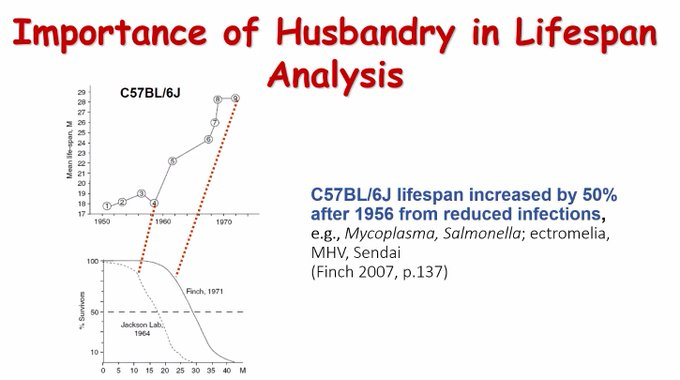
If you want to build a career in biotech, should you get a PhD after college or join a company directly (as a Research Associate/RA, usually)?
There's no single answer, but I have the conversation often enough that I thought I'd share some pros/cons... (1/n)
There's no single answer, but I have the conversation often enough that I thought I'd share some pros/cons... (1/n)

First, see this thread about different types of biopharma companies. For reasons I'll get into, I think early stage (probably founder led) biotech is your best bet unless you still want to do PhD later.
(PS if you want to be a professor, it's 💯 PhD) 2/n
(PS if you want to be a professor, it's 💯 PhD) 2/n
https://twitter.com/MartinBJensen/status/1543679616639938560?s=20&t=l9hxBM8wVkjetgL2813t7w
PhD will give you more options.
Some companies (incl. @GordianBio) will help you grow from RA to Scientist role (and beyond). But many, esp larger, companies have a glass ceiling if you don't have a PhD. Even if you pick one w/o glass ceiling, you'll be worse off it if fails. 3/n
Some companies (incl. @GordianBio) will help you grow from RA to Scientist role (and beyond). But many, esp larger, companies have a glass ceiling if you don't have a PhD. Even if you pick one w/o glass ceiling, you'll be worse off it if fails. 3/n
But a wetlab PhD takes 5-7 years. A good and driven RA could (in right co, with supportive mentor) make Scientist in 3-4. So there's real opportunity cost.
Your salary will also be 2-3x, although at this career stage you should focus on learning > earning if you can. 4/n
Your salary will also be 2-3x, although at this career stage you should focus on learning > earning if you can. 4/n
(And of course, if you manage to join an extraordinary company the opportunity cost of ~3y is huge. You might end up joining as employee #30 instead of #10, with meaningful differences in equity, learning, and network-building). 5/n
What will you learn? Varies a lot, but PhD should teach 1) experimental design, 2) science communication, 3) the foundations and implicit knowledge of a field, and ideally 4) new skills that very few possess.
RA hopefully 1+2, 3 might need more self-study, and 4 not always. 6/n
RA hopefully 1+2, 3 might need more self-study, and 4 not always. 6/n
OTOH RA can teach you (by exposure) more about how companies work: working within a team, organization coordination, urgency, a higher bar for reproducibility, drug development strategy, and more. These skills are less unique, but more widely applicable. 7/n
(And some of those unique skills turn out to be in little demand, e.g. if you become the leading expert on the reproductive system of roundworms) 8/n
Both can offer smart colleagues, interesting science, and service to humanity.
PhD gives you more independence earlier, RA gives you resources and a sense of urgency earlier. Academia might make you feel like you're in a Kafka story, RA might make you feel like a robot. 9/n
PhD gives you more independence earlier, RA gives you resources and a sense of urgency earlier. Academia might make you feel like you're in a Kafka story, RA might make you feel like a robot. 9/n
As I said, no clear answer!
If you're very sure about biotech > academia, and you think you've found an exceptional company that will support you, RA could give you the fastest progress. But many RA positions could be a dead end, or at best prep for doing a PhD anyway. 10/n
If you're very sure about biotech > academia, and you think you've found an exceptional company that will support you, RA could give you the fastest progress. But many RA positions could be a dead end, or at best prep for doing a PhD anyway. 10/n
Should also mention, in either case a LOT of your experience depends on whether your mentor is smart and supportive. Without that you'll be hamstrung and frustrated. Pick the good mentor over other factors 99% of the time. 11/11
This thread is more popular than the one on understanding aging, y'all need to reconsider your priorities 😂
I do know cos hiring RAs (mostly in SF) so any bio grads who decide on that path can email my first name at gordian.bio w your interests and I'll redirect.
I do know cos hiring RAs (mostly in SF) so any bio grads who decide on that path can email my first name at gordian.bio w your interests and I'll redirect.
Also know people looking for PhD students (in #aging/#longevity at least), but you'll need to apply for the programs first etc. so probably not helpful...
• • •
Missing some Tweet in this thread? You can try to
force a refresh





